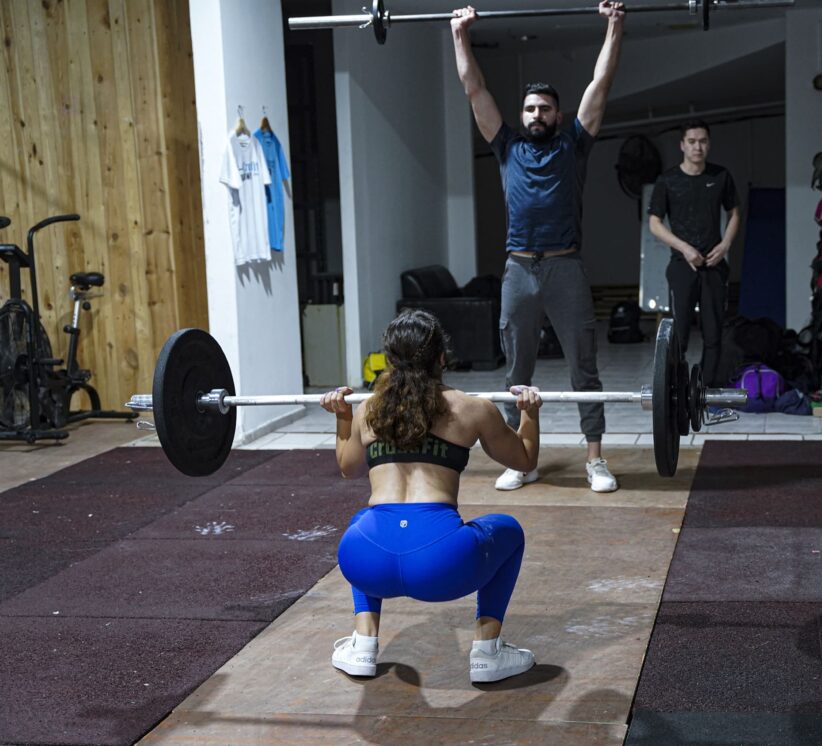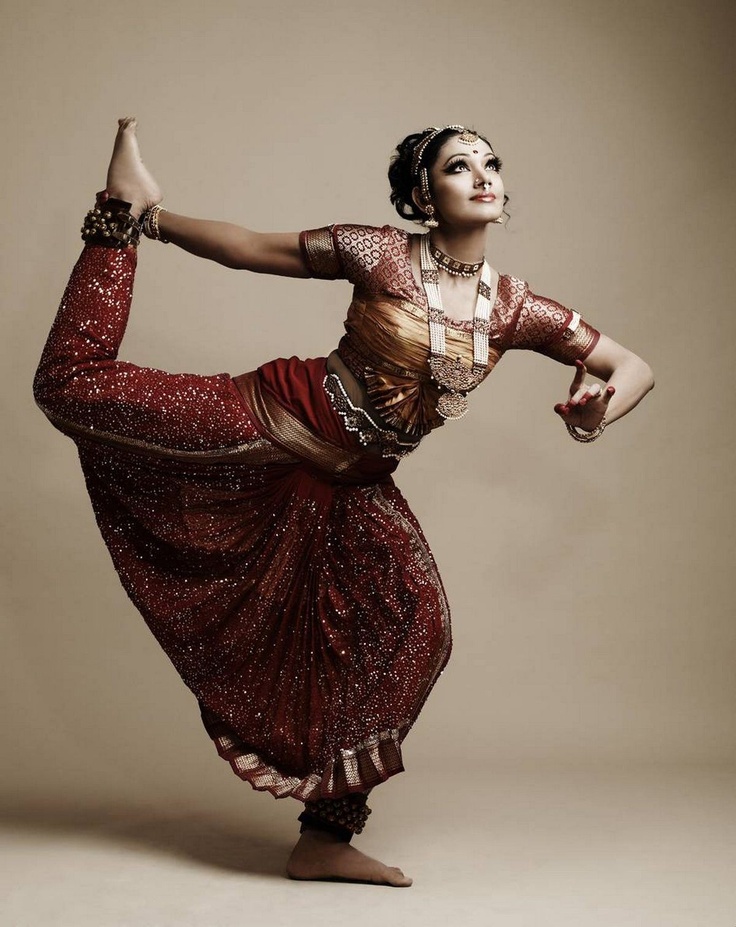Who owns the womb?
Having a grandson is like a “lifestyle achievement award” for many Indian parents. As soon as the son starts earning and the daughter completes her graduation, they start searching for a suitable match (many times they don’t even wait for this “milestone” to get their children married).

Immediately after the marriage, they start pressurizing the bride (daughters too, but mainly the daughters-in-law) for a grandson who will carry the family name and legacy forward.
In a few communities, people believe that “bachche Bhagwan ki den hein” (kids are gifts from God), so they want the mother to give birth to as many children as possible. Some want to have a small family, and they take the mother for sex determination of the fetus (which is illegal) and proceed with abortion if the fetus is female (female feticide). This continues until a “son” is born.
I always wonder whether the womb (and the other parts of the female reproductive system) belongs to a particular woman or if the family owns it. Because in all this chaos, everyone forgets that the woman who has to give birth is a human being and not a “baby manufacturing machine“. She has to be physically and mentally prepared for giving birth.
In fact, a manufacturer regularly services their machines, and a farmer cultivates the soil before planting the seeds. But do we take care of the “Janani” (the progenitor)?
In this context, we have to consider two life stages of a woman: the childbearing age and the stage before this age. In a younger age (puberty), Mother Nature prepares a girl physically so that she can give birth to a new life. At this stage, she must receive proper nutrition, which often doesn’t happen due to various reasons, with gender discrimination being a major factor. During the childbearing age, she is malnourished and burdened with work. Only a small percentage of women receive the care they need during pregnancy.
Even if she is receiving proper care and attention, does she have a voice in this decision? Is it her husband or the elders from the family who decide whether she should conceive, when she should conceive, and how many children she should bear?
Another important issue that should be discussed here is the choice of abortion. In the case of a healthy female fetus, the mother should have the right to life, the right to give birth. Yet, she is forced to undergo abortion (unfortunately, other women in the family play a major role in this, which I strongly believe is due to conditioning that has been going on for years). If a pregnancy is unwanted or if a fetus has abnormalities, a woman should have the right to abortion. In these situations, not only the family but also the governments of some countries interfere in the decision-making process.
Whether it is pregnancy, delivery, or abortion (which is equally as painful as delivery), it is the mother who endures all the pain and discomfort. Since it is her body and life that are at stake, she should have the right to decide.
As a society, we should proactively protect her and her rights. “The societal norms need to be changed; the mindset has to change to give equal rights to women. We say women are the ‘better half,’ but don’t even give them the tag of the better half. At least give them the rights of an equal half,” said Justice A K Sikri.
Let us not compromise our needs and rights.
Dr. Aabha Pimprikar is a Life Skills Trainer, and Founder and President, of DAGMHI 3030 (Mental Health Initiative to Promote Mental Health Awareness)








